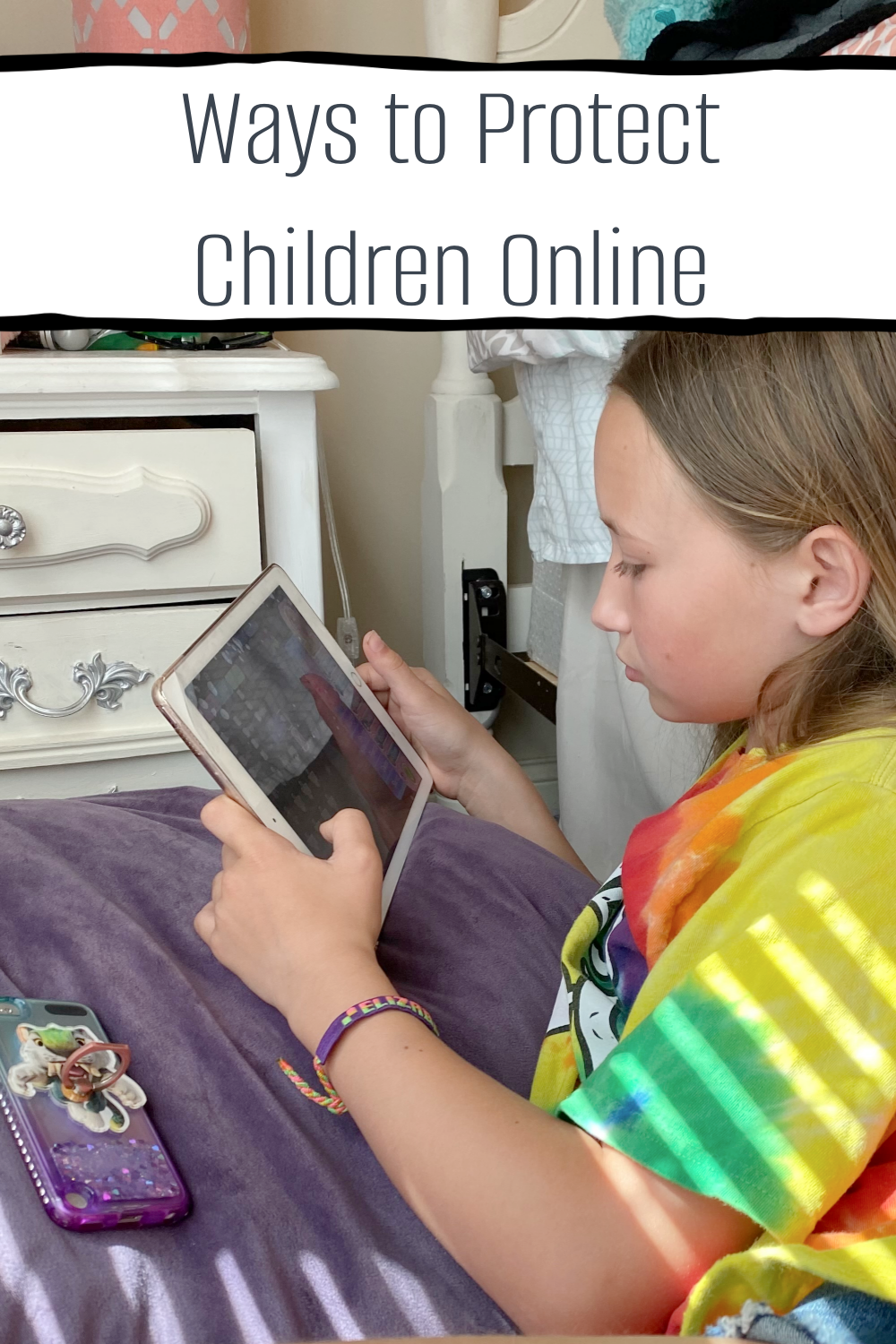As we start 2025, screen-free learning pads are becoming an essential tool in early childhood education. These interactive, engaging devices offer an alternative to traditional screen time, fostering cognitive, emotional, and physical development in young children. Screen-free learning pads promote hands-on activities that help children build critical skills while maintaining a healthy balance between technology and real-world interaction. This guide is designed for parents, educators, and caregivers of children ages 2-5, highlighting the benefits of incorporating these tools into daily learning routines.
Selecting the right tutor for your child is a critical decision that can significantly influence their academic journey. With numerous options available, parents often feel overwhelmed when trying to find the ideal fit. Subject expertise, teaching style, availability, and personality should all influence your choice. As education continues to evolve, tutoring has taken various forms, including in-person sessions and online options. Finding the right tutor can bring more than academic improvement; it can boost a child's confidence and motivation. To help you navigate this process, we'll explore critical considerations when choosing a tutor that meets your child's needs.
Online education is rapidly evolving, making significant strides in how individuals of all ages acquire knowledge and skills. With the rise of technology and the growing acceptance of remote learning, this educational transformation has made learning more accessible and flexible than ever before. The shift from traditional brick-and-mortar institutions to online platforms has not only altered the landscape of education but has also catered to diverse learning needs, preferences, and circumstances. From young children in their formative years to lifelong learners, online education offers new opportunities for growth and development.
Arts and crafts play an essential role in early childhood education, engaging in creative learning
projects stimulates a child’s imagination which leads to the development of many other
important life skills they will use in the years to come. Participating in arts and crafts is a fun and
creative way for preschool children to practice their problem-solving capabilities and develop
their fine motor skills.
The art creation process has many benefits for young children, which is why it is such an
important part of the daily curriculum at day care in Penrith, it helps them to develop their
attention span while laying the foundation for more advanced studies like language and math.
One example of how arts and crafts affect our children is to think of the future architect
beginning their life's career journey by constructing toy buildings from cardboard and clay, that
seed is planted at the daycare's activity table!
As a parent, it can be worrisome when your child struggles in school. You want to see them succeed and do well in their studies, but they may need more support than what the classroom setting can provide. This is where tutoring comes in. Tutoring has been proven to be an effective way of boosting a child's grades and helping them reach their full academic potential. This article will explore how tutoring can help your child improve their grades and excel in school.
A school’s culture can either be its greatest strength or its greatest obstacle. In many cases,
poor school culture is an invisible barrier to student achievement, teacher satisfaction, and
overall performance. Schools with positive, inclusive environments often see higher levels of
student success and better retention rates for both teachers and staff. Yet, the task of shaping
school culture doesn’t happen by chance; it requires strong, purposeful leadership. Educational
leaders play a pivotal role in building and maintaining a school environment where both
students and staff can thrive.
This article explores the ways in which educational leaders can shape school culture to foster a
more supportive and effective learning atmosphere.
"Unlock your child's optimal health! Learn the importance of early nutrition for boosting immunity during antibody vulnerability period."
Child immunity refers to a young child's immune system's ability to defend against infections and diseases. This ability is significantly influenced by early childhood nutrition, which provides essential nutrients for optimal immune function. Adequate intake of vitamins and minerals during formative years strengthens a child's defense against pathogens. A balanced diet enhances growth and development while reducing susceptibility to illnesses. Therefore, ensuring proper nutritional support from infancy through early childhood is crucial for promoting robust health and well-being in later life.
Antibody vulnerability period is when individuals cannot produce effective antibodies in response to infections or vaccines. This period may follow specific health events, such as illness or immunosuppressive treatments, resulting in temporary decreases in immune function. During this phase, the body’s defenses are less capable of responding effectively against pathogens. Understanding this concept is essential for healthcare professionals when evaluating vaccine schedules and managing patient care, ensuring enough protection during compromised immunity.
Did you know that 75% of lifelong mental health issues begin by age 24? This staggering statistic
underscores the critical importance of early childhood development, particularly in social skills.
As parents, you might find yourself wondering how well your child is interacting with others
and what impact these early social interactions will have on their future. It's a common
concern, especially in a world where social connections are increasingly vital for personal and
professional success.
This article will explore the importance of social skills in early childhood development and
provide insights into how parents and caregivers can nurture these essential abilities in their
children.
Exploring diverse education opportunities is essential in today's rapidly evolving world, where knowledge and skills are vital for personal and professional growth. With a myriad of options available—from traditional classroom settings to online courses and vocational training—individuals can tailor their educational paths to meet their unique needs and aspirations. This exploration not only broadens academic horizons but also fosters critical thinking, creativity, and adaptability. As we delve into various educational avenues, it's important to consider factors such as accessibility, support systems, and the impact of these choices on future career prospects. By being informed and proactive, one can navigate the complexities of education with confidence and purpose.
As a parent and caregiver, you’re responsible for taking care of your child’s physical and emotional needs. But that’s not all. Even if your child is in formal education like school, their education still comes down to you. It’s also your job to teach them before they go to school, so you can make sure they’re ready.
This all sounds like a lot of work, and it is. But one of the secrets of teaching is that it can be fun. Learning through play is a legitimate strategy, and it can continue as your child grows up. This way, your child gets a well-rounded education and they might not even realize they’re learning.
Embarking on a career in education is not just about imparting knowledge; it is about shaping the future of individuals and communities. This noble profession offers numerous pathways, whether you're interested in becoming a classroom teacher, an educational administrator, or a specialist in educational technology. With an ever-evolving landscape, the field of education demands lifelong learning, adaptability, and a genuine passion for nurturing others. This guide aims to provide you with essential insights, practical tips, and step-by-step instructions to help you navigate your journey toward a fulfilling career in education.
Early childhood education is a foundational pillar in shaping children's intellectual and emotional growth. This phase of learning not only prepares toddlers for their immediate entry into primary school but sets the groundwork for their long-term academic and career achievements. Research continually affirms the critical importance of nurturing young minds during these formative years.
It’s here that they acquire the basic skills and enthusiasm for learning that carries throughout their lives. Programs offered by organizations like Bright Stars Kids focus on delivering structured learning environments that encourage early cognitive development and social skills, proving vital for later success.
Choosing the right learning center school is crucial. It shapes your child's early learning experiences. It sets the foundation for their academic future.
But how do you choose the best preschool? It's about more than location or reputation. It's about finding a place that aligns with your educational values and your child's needs.
We will explore key factors to consider when selecting a learning center school. From curriculum to classroom environment, we'll guide you through making this pivotal decision.
Spending quality time with younger children tends to come easy. They not only enjoy your company as you do theirs, but they are all eager to learn and discover new things about life. However, it's an entirely different kettle of fish when it comes to teenagers! While most people will believe that it is impossible to connect with your teenage daughter or son, there are actually plenty of great ways that you can do just that. This article will explore a few of the more innovative ways to approach it and enable you to enjoy your time together as you both pass through the neverending dimension of time.
As parents, we all want the very best for our children, and a crucial aspect of ensuring their success in life begins with their early education. The early years of a child's life are like an open canvas, where the foundation for their future is delicately laid. This is a period of incredible growth and development, where their minds are like sponges, absorbing knowledge, skills, and values that will shape who they become as adults. In this blog post, we'll explore how investing in your kids' early education can be a powerful catalyst for shaping their futures, and setting them on a path to lifelong learning, success, and happiness. Without further ado, let's get started.
You can help your kids review 5th grade math by deploying effective methods that encourage both the learning and retention of math concepts. Both teachers and parents can combine their efforts to ensure that kids understand the newly introduced math concepts of decimals and fractions, unit conversions, and graphing among others.
The point is to make review easy and fun for the kids, especially during the summer or holidays when they can easily forget what they learned at school. If you have 5th grade kids and really want to encourage them to review math effectively, here are the best ways to do so.
Are you thinking about the type of career you want to pursue? You may already know that you want to work with children. Along with helping to shape young minds and provide safety and security, working with children also offers flexibility.
As parents, we are entrusted with the incredible responsibility of nurturing our children and fostering their development. The early years of a child's life are a critical time for growth and learning, shaping their future well-being and success. To ensure our children reach their full potential, it is essential to embrace a holistic approach to their early-age development. This comprehensive approach acknowledges the interconnectedness of various aspects of a child's life and promotes their physical, cognitive, social, and emotional well-being. In this blog post, we will explore the significance of a holistic approach in supporting your kids' early-age development.
In this article, we shall talk in detail about early childhood development, the factors that affect children’s education in the early stages, and how it is important.
Providing assistance services, including child health and development screenings, early child education and care, referrals to community resources, and early childhood development programs, seek to improve outcomes for young children and their families. According to research, preschool education is essential for a child's cognitive, social, emotional, and physical development, all of which may have a big influence on their success in school and life as a whole.

























